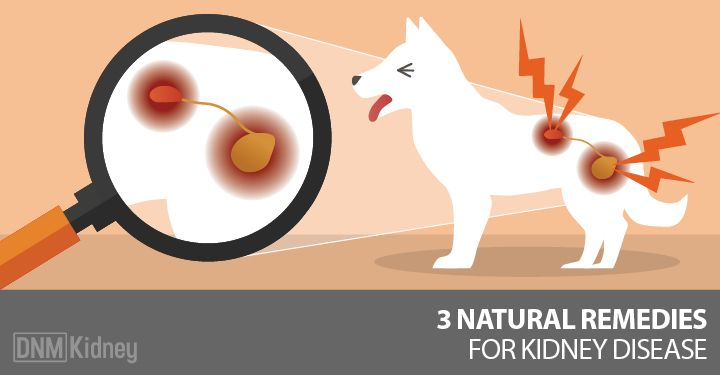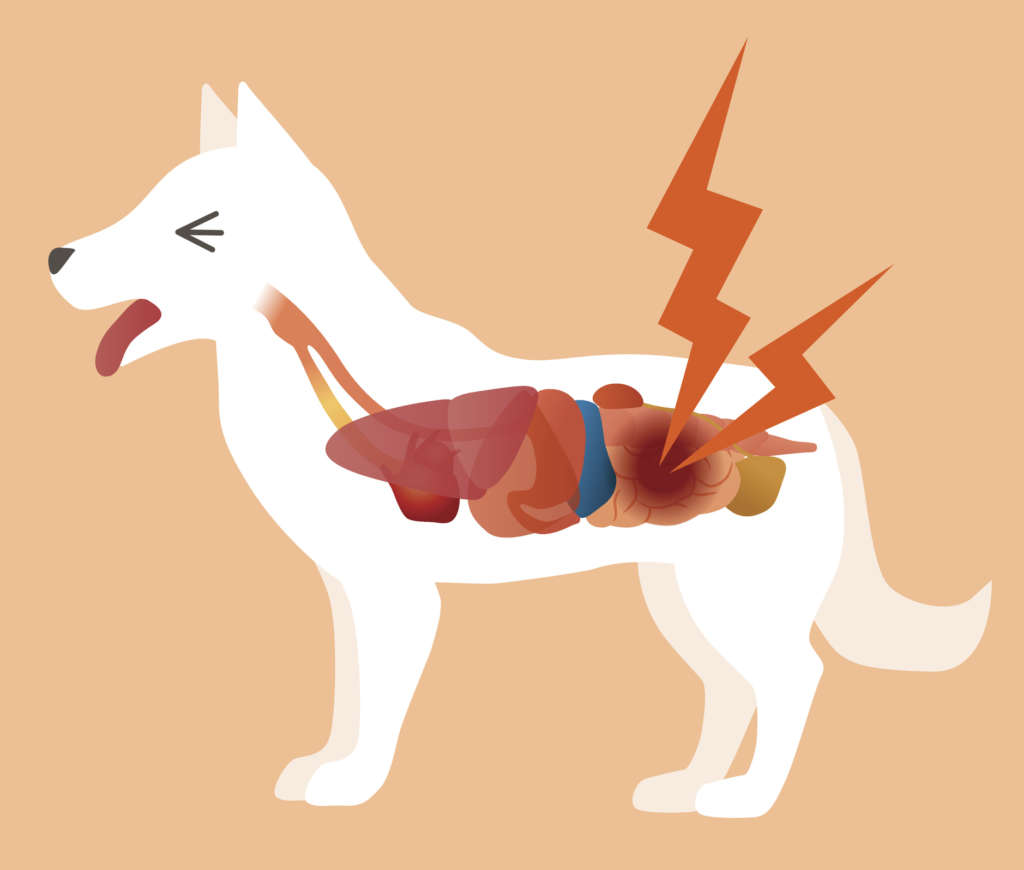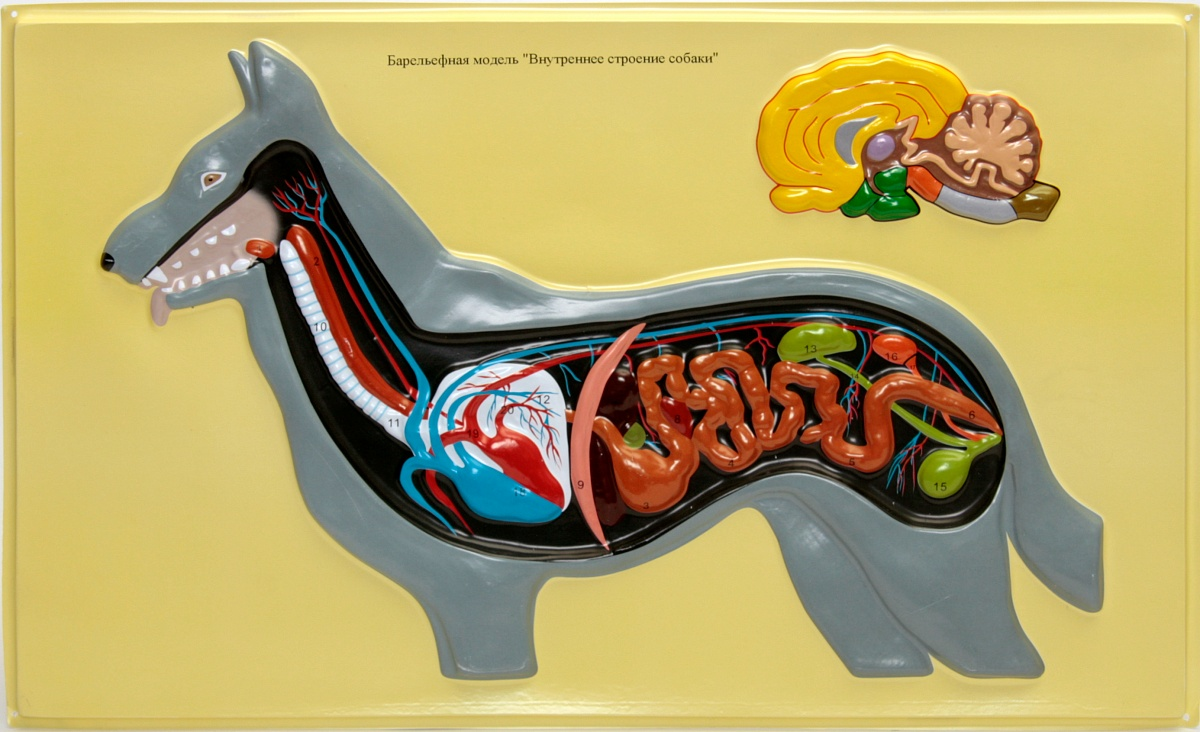Kidney failure in dogs, also known as renal failure, is a serious and often life-threatening condition. The kidneys play a crucial role in a dog’s health by filtering waste from the blood, balancing fluids, and regulating essential minerals and blood pressure. When the kidneys fail, toxins accumulate in the body, leading to a cascade of health problems. Understanding the causes, recognizing symptoms early, and seeking timely treatment can significantly improve outcomes. This article covers everything dog owners need to know about kidney failure in dogs, from its causes to management strategies.
Types of Kidney Failure in Dogs

Kidney failure in dogs generally falls into two main types:
- Acute Kidney Failure (AKF): This type of failure happens suddenly, usually over a period of days or weeks. Acute kidney failure is often triggered by ingestion of toxins, infections, or trauma and may be reversible with prompt treatment.
- Chronic Kidney Failure (CKF): Chronic kidney disease progresses slowly over months or years. It is typically caused by genetic predispositions, aging, or long-term damage from other health conditions. CKF is often irreversible, but early intervention can help manage symptoms and improve quality of life.
Causes of Kidney Failure in Dogs

There are numerous causes of kidney failure in dogs. While age and breed can play a role, environmental factors are also significant. Some common causes include:
- Toxins: One of the primary causes of acute kidney failure in dogs is exposure to toxins. Substances like antifreeze (ethylene glycol), certain plants (such as lilies), and human medications (like ibuprofen or acetaminophen) are highly toxic to dogs and can result in rapid kidney damage.
- Infections: Infections such as leptospirosis, a bacterial infection commonly found in water sources, can lead to severe kidney damage. Other infections, like Lyme disease and pyelonephritis (a bacterial infection in the kidneys), can also cause renal failure.
- Underlying Health Conditions: Diabetes, high blood pressure, and heart disease can put extra stress on the kidneys, eventually leading to failure.
- Congenital Defects: Some dogs are born with genetic predispositions for kidney disease. Breeds like Bull Terriers, English Cocker Spaniels, and Shih Tzus are more prone to genetic kidney disorders.
- Aging: As dogs age, their organs naturally start to decline. Older dogs, particularly those over seven years, have a higher risk of developing chronic kidney failure.
Recognizing Symptoms of Kidney Failure in Dogs
Detecting kidney failure early is crucial to managing the condition effectively. Symptoms can vary depending on whether the kidney failure is acute or chronic. However, common signs include:
- Increased Thirst and Urination: Dogs with kidney issues often drink more water and urinate more frequently. This is due to the kidneys’ reduced ability to concentrate urine and retain water.
- Loss of Appetite and Weight Loss: When the kidneys are compromised, the buildup of toxins can cause nausea, leading to a decreased appetite and noticeable weight loss.
- Vomiting and Diarrhea: Dogs with renal failure may exhibit gastrointestinal symptoms like vomiting and diarrhea, often with blood in the stools or vomit in severe cases.
- Bad Breath and Oral Ulcers: The buildup of waste products can result in uremic breath, which smells similar to ammonia. Some dogs also develop mouth ulcers and sore gums.
- Lethargy and Weakness: Due to toxin buildup and reduced red blood cell production, affected dogs may become more lethargic and weaker than usual.
- Dehydration: Dogs with kidney failure often become dehydrated due to their inability to retain fluids effectively, despite drinking more water.
- Poor Coat Condition: Over time, kidney failure can lead to a dull, brittle coat and dry, flaky skin.
Diagnosis of Kidney Failure in Dogs
If a dog shows signs of kidney failure, a veterinarian will perform various tests to confirm the diagnosis and determine the type and severity of the disease:
- Blood Tests: Blood tests, including a complete blood count (CBC) and biochemistry profile, will reveal elevated levels of urea, creatinine, and phosphorus, indicating impaired kidney function.
- Urinalysis: This test examines the concentration and composition of the dog’s urine, providing insight into kidney health. In cases of kidney disease, the urine often shows low specific gravity.
- Imaging: X-rays, ultrasound, and in some cases, CT scans, can provide detailed images of the kidneys. These help veterinarians identify abnormalities like blockages, kidney stones, or structural issues.
- Biopsy: In rare cases, a kidney biopsy may be performed to pinpoint the underlying cause of the failure and to determine the degree of kidney damage.
Treatment Options for Dogs with Kidney Failure

The treatment for kidney failure in dogs depends on the cause and stage of the disease. While acute kidney failure may be reversible if treated promptly, chronic kidney disease requires long-term management. Common treatment approaches include:
- Fluid Therapy: Hydration is crucial for dogs with kidney failure, as they are often dehydrated. Intravenous (IV) fluids are typically given to flush out toxins and prevent dehydration. In chronic cases, subcutaneous (under the skin) fluid injections may be administered at home.
- Medications: Various medications are used to manage symptoms and prevent further kidney damage. Anti-nausea drugs help control vomiting, while phosphate binders prevent the buildup of phosphorus in the blood. Some dogs may also be given blood pressure medications or Erythropoiesis-Stimulating Agents (ESAs) to stimulate red blood cell production.
- Specialized Diets: Diet plays a significant role in managing kidney disease. Dogs with kidney failure are usually prescribed a low-protein, low-phosphorus, and low-sodium diet, designed to reduce the strain on the kidneys. Commercial renal diets are available and have shown to improve quality of life for dogs with kidney disease.
- Dialysis and Kidney Transplants: Dialysis is an option in severe cases where other treatments have been ineffective, though it’s expensive and requires specialized facilities. Kidney transplants, while rare in dogs, are sometimes performed for younger animals with irreversible kidney disease, though they come with significant risks and costs.
- Supportive Care and Monitoring: Regular check-ups and blood tests are essential to monitor kidney function. As the disease progresses, adjustments in treatment may be necessary. Some dogs benefit from vitamin B and Omega-3 fatty acid supplements to boost overall health.
Prevention of Kidney Failure in Dogs
Preventing kidney failure, especially in its chronic form, can be challenging, but certain steps can lower the risk:
- Regular Vet Visits: Routine veterinary check-ups can catch early signs of kidney problems. Dogs should have annual wellness exams, with senior dogs needing semi-annual visits.
- Avoid Toxins: Keep toxic substances out of reach, such as antifreeze, certain foods (like grapes and raisins), and human medications. Educate yourself on plants and chemicals that can harm dogs and make sure they don’t have access to them.
- Vaccinate Against Leptospirosis: Vaccination for leptospirosis, a bacterial infection that affects the kidneys, can help protect dogs, especially those who spend time outdoors in areas with wildlife or standing water.
- Provide Fresh Water: Ensuring your dog has access to fresh, clean water helps the kidneys flush toxins from the body.
Living with a Dog with Kidney Failure

Managing a dog with kidney failure can be emotionally and financially demanding. However, with the right care, dogs with chronic kidney disease can live comfortable lives for months or even years. Be sure to follow the vet’s advice, maintain a strict diet plan, administer medications as prescribed, and monitor your dog’s condition closely.
Final Thoughts
Kidney failure in dogs is a serious condition, but early detection, proper treatment, and ongoing management can make a substantial difference in the quality and duration of a dog’s life. By staying informed and vigilant, dog owners can provide their furry friends with the best possible care during this challenging time. If you suspect your dog may be showing signs of kidney disease, consult your veterinarian promptly for diagnosis and tailored treatment options.


